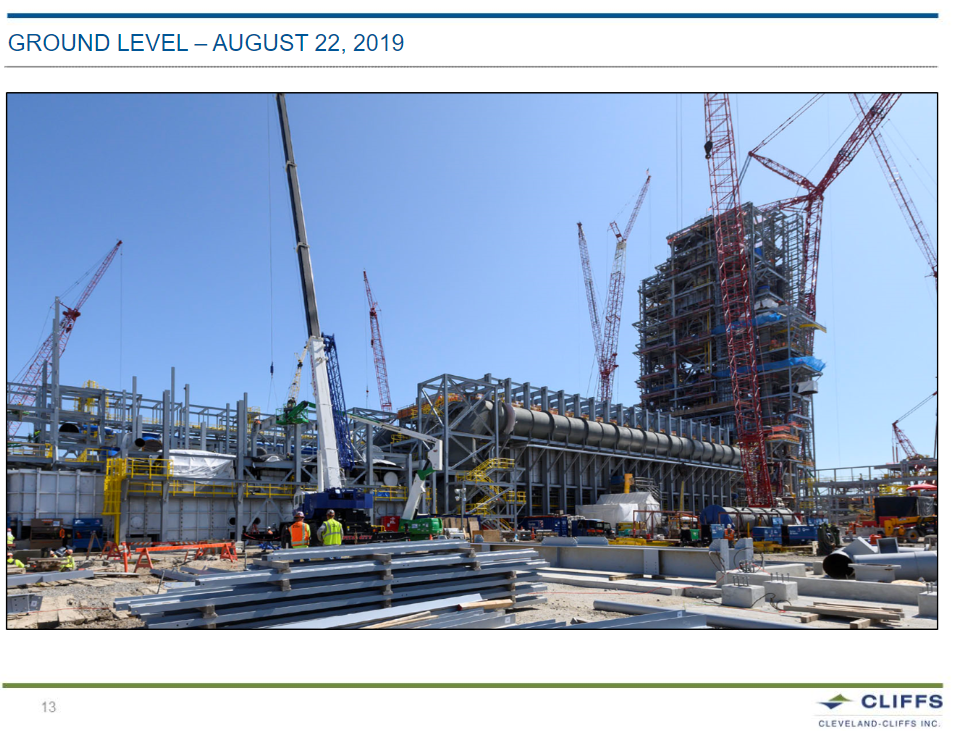Manufacturers/End Users

January 10, 2025
Contractors concerned about tariffs, immigration in 2025: AGC survey
Written by Stephanie Ritenbaugh
Contractors are optimistic about publicly funded construction projects on the books for 2025, but are concerned that the threat of tariffs and immigration restrictions as proposed by the incoming Trump administration could undermine prices and labor.
That’s according to a survey of the construction sector by the Associated General Contractors (AGC) of America and Sage released this week.
“More than anything else, construction firms are worried about the supply of labor and the potential for materials prices to rise in 2025. This is in part because labor is already in short supply and materials prices have been volatile since 2020,” Ken Simonson, chief economist of the Associated General Contractors of America, said during a conference call to discuss the survey results. “But it also reflects the worries many contractors have about potential impacts of the incoming administration’s immigration and trade policies.”
The AGC is asking President-elect Trump and the incoming Congress to address workforce shortages with both short-term and long-term measures.
In the short term, the trade group is urging lawmakers to establish new programs for temporary work visas for the construction industry.
The group is also seeking long-term measures to rebuild the domestic pipeline to train new construction professionals. It urged lawmakers to strengthen the Workforce for America Act to boost construction training, as well as other programs to boost technical schools and high school training programs.
“President Trump should also take immediate steps to remove limits on who can work on federal construction projects,” Simonson said. “In particular, he should revoke President Biden’s executive order imposing project labor agreements for any federal construction project worth $35 million or more. The measure essentially excludes roughly two-thirds of the construction workforce from participating in federal projects, severely undermining the nation’s capacity to build.”
AGC also said Trump should be “sparing” in imposing new tariffs and exclude products needed for domestic manufacturing, energy and infrastructure.
To fill in gaps in labor and to mitigate costs, many firms said they plan to boost investments in artificial intelligence, estimating and efficiency software, drones and other new technologies to help fill in labor gaps.
Overall, firms expect construction of data centers, manufacturing facilities, power plants and related infrastructure will drive much of the private sector construction market in 2025. To some extent, education and health care facilities will also drive construction demand in both the public and private sector, the survey found.
However, expectations are low for the lodging, retail and office segments.
Three years after the enactment of the federal Bipartisan Infrastructure law, more contractors are starting to see the effects. This year 18% of respondents say they have worked on new projects funded by the law, double the 9% who said that was the case a year ago. In addition, 5% have won bids but have not started work and 7% say they have bid on projects but have not won any awards yet, the survey found.
However, many firms said the government should have done more to reform the federal review and permitting process to push construction faster. In addition, some projects have been delayed by Buy America rules that make it “difficult for officials to ensure all products being used on a project are in compliance,” the survey found.







